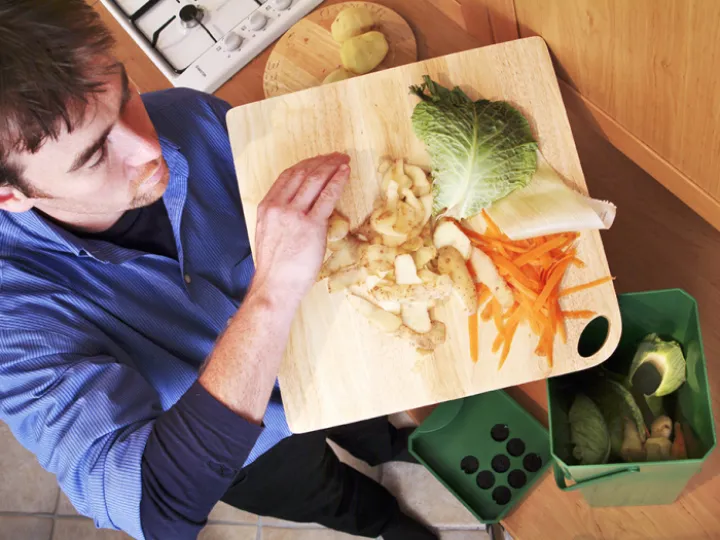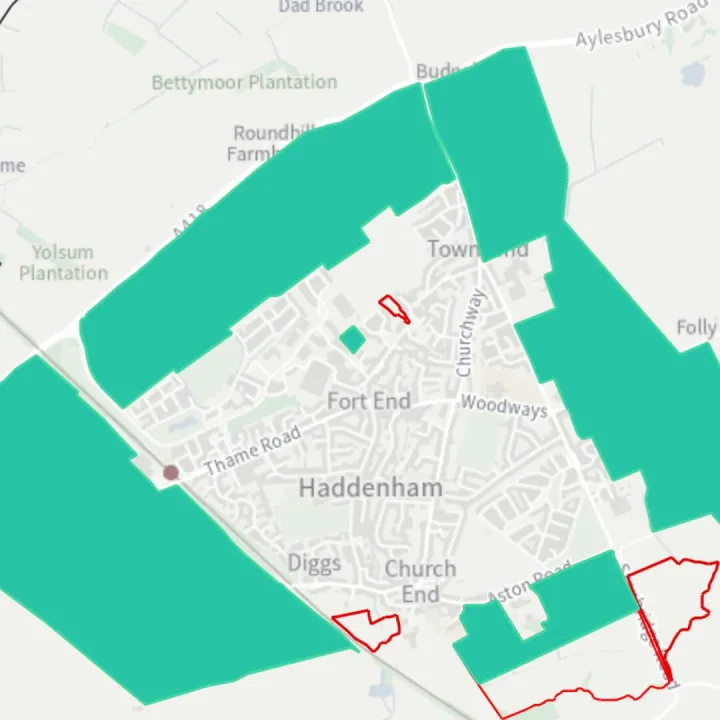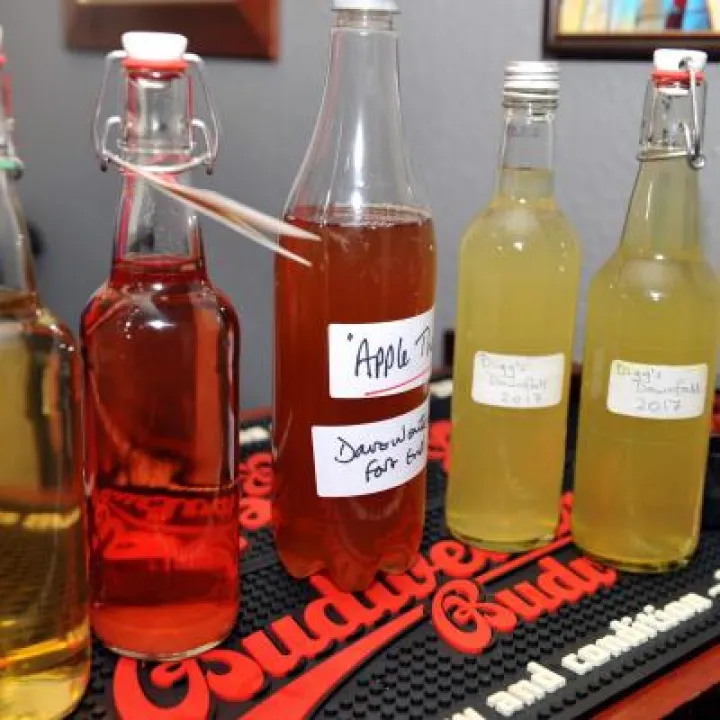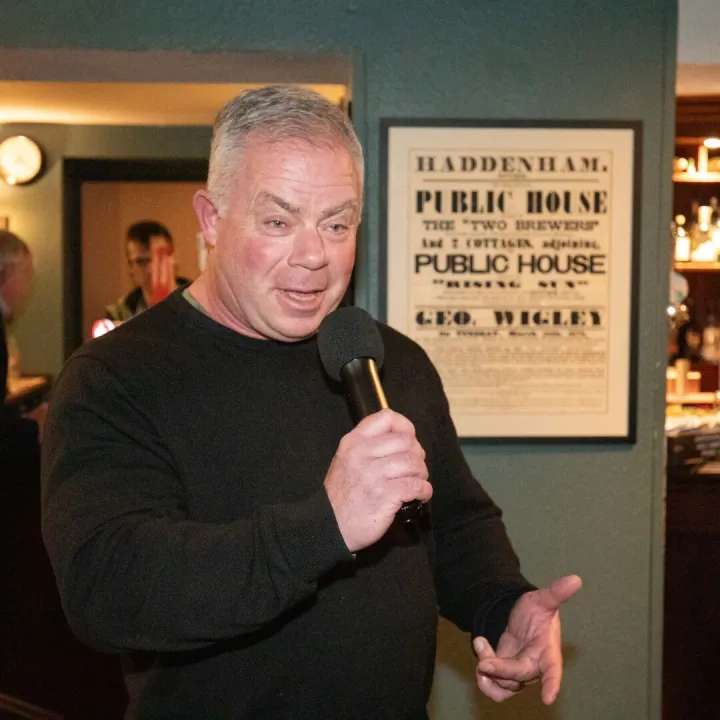Reducing Food Waste
Food waste – Don't bin it – Recycle it!​
Buckinghamshire Council is asking residents to think twice before throwing food waste in the bin and to recycle it instead.
Currently around a third of the waste thrown in the regular rubbish bin in Buckinghamshire is food waste. This equates to around 28,000 tonnes of food every year, an average of 2kg per household per week. It is enough to fill Big Ben more than one and a half times each year. Not only does this cost local taxpayers more than £600,000 a year in disposal costs, disposing of food waste in this way also damages the environment as it produces double the amount of carbon emissions compared to recycling food waste.
As part of a renewed drive to encourage more people to recycle their food waste, over the next few weeks the council will be delivering leaflets, putting stickers on rubbish bins, and letting people know about the many benefits of food recycling. Attention is particularly being focused on areas where there is more scope to increase food recycling rates.
Gareth Williams, Cabinet Member for Climate Change and Environment, said: "We know lots of people already recycle their food waste and we appreciate their efforts, but we want to encourage more people to do it. Recycling your food waste is much better for everyone and it really couldn't be easier. With our weekly food waste collection service, all you need to do is put your food waste in your dedicated food recycling bin rather than your regular bin. Leave it out for collection on your usual weekly bin day and we will empty it."
Even residents who are keen recyclers might not know they can recycle some food waste. Many people don't realise they can recycle mouldy bread or out of date food – once the packaging has been removed of course. Even tea bags and coffee grounds, which you might not think of as food waste, can be recycled.
Home composting is another way of recycling some food waste which can be transformed into soil improver for gardens. Cooked food waste is not suitable for composting however and should instead be put into the kerbside food recycling bin for collection.
Gareth continued: "By recycling any food that can't be eaten instead of throwing it in the bin, you will be helping to save money which could be spent on other essential council services. The food that is collected for recycling across Buckinghamshire is delivered to facilities near Aylesbury and turned into energy to power our homes. It also produces a high-quality fertiliser for use on agricultural land. Did you know, recycling just six tea bags will generate enough energy to boil a kettle to make another cuppa?"
The recycling process for food is called anaerobic digestion. It uses micro-organisms to break down food waste in the absence of oxygen, inside an enclosed system. As it breaks down it gives off methane, which is collected and converted into biogas and used to generate electricity. It also creates a nutrient-rich digestate that can be used as a fertiliser for agriculture and in land regeneration. 16,000 tonnes of food is recycled from Buckinghamshire homes each year.
You can find more information on recycling food at home and also tips on how to reduce your food waste on: www.recycleforbuckinghamshire.co.uk







